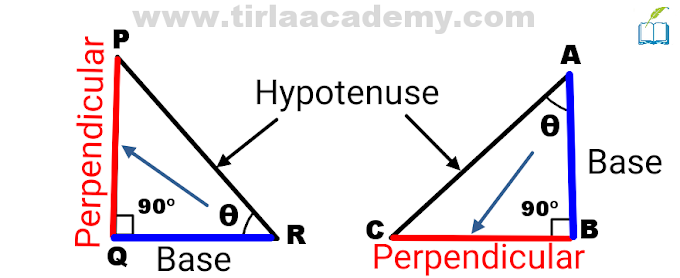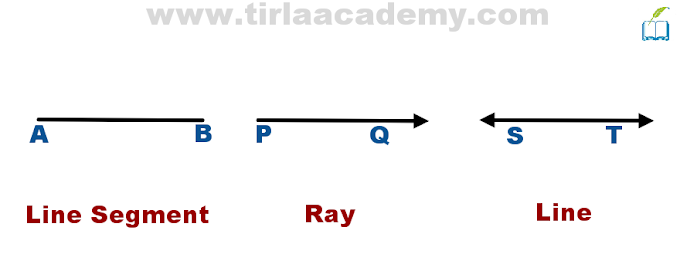“Balance isn't something you find — it’s something you build.”
If you’re constantly checking work messages past hours, skipping meals, or feeling guilty when stepping away from your desk, you're not alone. Work‑life balance can feel like a moving target, but with small shifts, you can create harmony, reduce burnout, and enjoy life more fully. Here are seven practical steps to help you improve your work‑life balance starting today.
1. Define Your Boundaries and Stick to Them
Set clear rules for your work hours — what time you start and when you finish. Create a habit of turning off work notifications or closing your laptop at a specific hour. Let others know these are your hours. These boundaries protect your personal time and help your mind shift from work mode to rest.
2. Prioritise Ruthlessly
Not everything on your to‑do list is equally important. Learn to identify what truly matters — the big projects, self‑care, rest — and let go of or delay less important tasks. Use simple tools like “urgent vs important” to decide what goes first. Focus your energy on fewer things, but do them well.
3. Time‑Block for Deep Work and Personal Life
Break your day into blocks — some for concentrated work, some for checking emails, and some for breaks or personal tasks. Use “deep work” periods when you’re most focused, and reserve time for family, hobbies, and rest. This helps stop work from spilling over into your evenings.
4. Disconnect and Unplug When It’s Time
Just because you can check an email after hours doesn’t mean you should. Give yourself permission to log off: silence notifications, avoid work apps during off hours. Unplug physically and mentally so your free time becomes real rest, not an extension of work.
5. Take Breaks Without Guilt
Short breaks during work — a walk, stretching, grabbing water — aren’t wasted time; they restore focus. Also, take lunch fully, step away from your screen regularly, and allow mental pauses. These moments recharge you, reduce fatigue, and prevent burnout.
6. Invest Time in Self‑Care and Joy
Balance isn’t just about work vs rest — it’s about what fills your life with meaning. Read, exercise, spend time with loved ones, and pursue a hobby. Even a few minutes a day doing what you love can offset stress. Treat self‑care like a non‑negotiable appointment.
7. Regularly Reflect & Adjust
What works this week may not work next week. Check in with yourself: are you feeling overwhelmed? Is work creeping into your personal life? Adjust your schedule, reset boundaries, tweak your routines. Small changes lead to lasting balance.
Why Work‑Life Balance Matters
When work dominates, stress rises, relationships suffer, sleep declines, and mental health drops. With better balance, you’ll be more productive at work, more present at home, and happier overall. It’s not about equal hours—it’s about quality in both work and life.
Quick FAQ
Can I have a work‑life balance if I love my job and want to work hard?
Yes. Balance isn’t avoiding hard work; it’s making sure you're not working all the time, and recovering properly so you can sustain the effort.-
What if my job doesn’t respect boundaries (always expects availability)?
Try having a conversation, offering solutions (e.g., set “email‑off” times), or seek roles/flexibility that support better boundaries. Also, prioritize what you can control in your day. -
How long until I feel a difference?
You might feel relief quickly — even after one good boundary or unplug moment. But deep sense of balance often takes weeks of small, consistent changes.
Final Thought
Work‑life balance isn’t a destination. It’s a practice you build day by day with choices: deciding when to stop, choosing rest, protecting joy. Start with one change today — define a clear end time, take a full lunch away from work, or do something purely for fun. Step by step, you’ll see balance begin to grow in your life.





